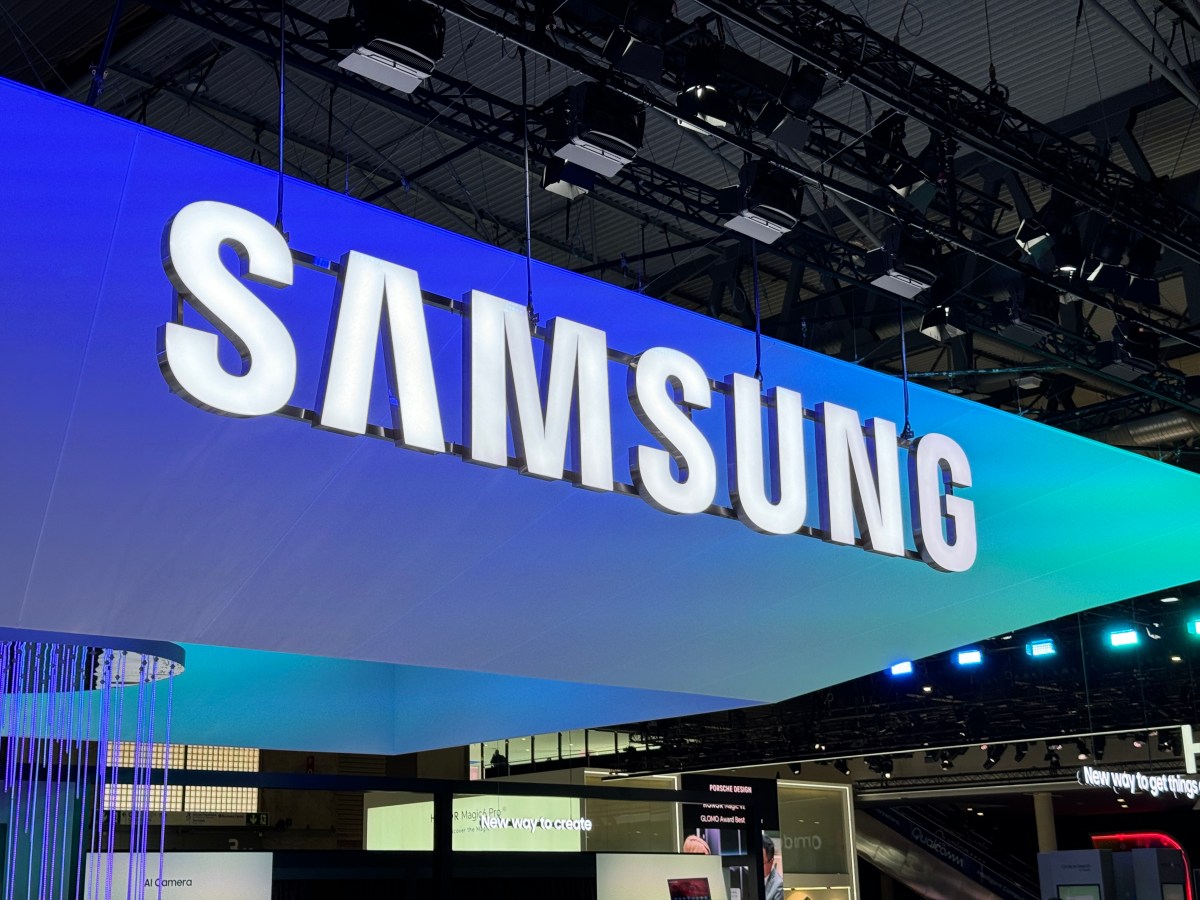ARTICLE AD
With the number of people using e-mail globally approaching 5 billion, newsletters delivered regularly into people’s inboxes continue to look like a sticky way of getting attention for whatever it is that you’re writing. Now, in a signal of the popularity of the medium, one of the startups building a platform for creating and distributing newsletters is announcing some funding. New York-based startup beehiiv has raised $33 million, funding that it will be using to expand its business as well as the technical capabilities of its platform.
NEA is leading this round with Sapphire Sport and previous backer Lightspeed Venture Partners also participating. The startup is not disclosing its valuation with this round but it has now raised $46.5 million.
The money is coming on the heels of some significant growth. When we covered beehiiv’s $12.5 million Series A in June 2023 (a round led by Lightspeed), the company had 7,500 active newsletters with 35 million unique readers and 350 million monthly impressions. Now, the company is sending out 1 billion emails per month from around 20,000 active newsletters (it didn’t disclose the number of unique readers, although that figure will have undoubtedly also risen). Newsletter users include both individual writers (plus individual “brands”: Arnold Schwarzenegger is among its customers) as well as bigger organizations like Boston Globe Media and Brex.
That sounds like a lot of newsletters, but beehiiv is looking for more. In the last year, the startup also built and launched an advertising network that sits alongside a range of pricing tiers based on different features and functionalities. (The company claims that in an average month its customers collectively make around $1.2 million monthly in revenues on its platform.)
CEO and co-founder Tyler Denk described the ad network it’s introduced as a “holy grail” for advertisers because of how it can link up specific campaigns to niche audiences that might be most attuned to seeing and responding to them. “It also means these newsletters can now monetize with ads like Netflix’s sponsoring them,” he added.
Niche or not, digital advertising business models are based on economies of scale, and so the focus will be on investing in more marketing, and signing deals with larger publishers, in order to bring more inventory into the mix.
“We’re only two years into this and we have a billion emails going out,” Denk said, referring to the period between being founded in October 2021 and now as “going from zero to one.”
“Obviously, that’s the the hardest thing to do. Now that we have scale, are looking for network effects,” he said.
Denk and co-founders Benjamin Hargett and Jacob Hurd all previously worked together at Morning Brew — a publisher that really pushed the envelope on leveraging newsletters — and that background has lent itself to beehiiv focusing mainly on publishers and “content” up to now. However, when asked if and when beehiiv would ever explore building out the other part of the newsletter business — focusing on marketing emails — Denk would not rule that out over time. “Email is email,” he said
The company is not without a huge range of competitors. In addition to Substack — arguably the startup that brought newsletters back into the conversation when it started to blow up a few years ago — there are open source competitors like Ghost, which earlier this month said it would start to support ActivityPub to become more closely integrated with other social platforms using the “fediverse” format and Buttondown, as well as services like HubSpot and MailChimp coming from strong DNA in the area of email marketing, among many others.
Denk noted that one way beehiiv hopes to make a mark is by making it easy for customers to migrate to its platform and, by way of an API, to use it in tandem with whatever CRM or other tools that they prefer to use. Whether that will be enough to differentiate the business in a very crowded pool is one challenge.
The other will be measuring and matching consumers’ tastes. Right now, publishers are wringing their hands as they weigh up the many ways that their jobs are getting harder.
They are contending with the whimsies of Google and its algorithms; the decline of Facebook as a traffic engine; the huge swing away from reading on the internet to the rise of apps like TikTok and Instagram and their highly visual formats; and what all of that means for their advertising and traffic. Some will consider paywalls, some will not. All of it means that right now may well be a prime window of opportunity for newsletters, and for companies like beehiiv to really swarm. But “peak”-anything is a real risk, and these days and can apply as much to tried-and-true mediums as much as it does to viral platforms.
Investors still believe that even with those many what-ifs, there are still big opportunities for beehiiv.
“Email is one of the most enduring digital channels, but there’s immense untapped potential for publishers to grow and monetize newsletter audiences,” said Danielle Lay, Partner at NEA, in a statement. “We believe Tyler and his team are pioneers in this space and true customer-centric builders. We’re thrilled to partner with them to establish beehiiv as the leading email platform for creators and advertisers alike.”

 6 months ago
38
6 months ago
38 

